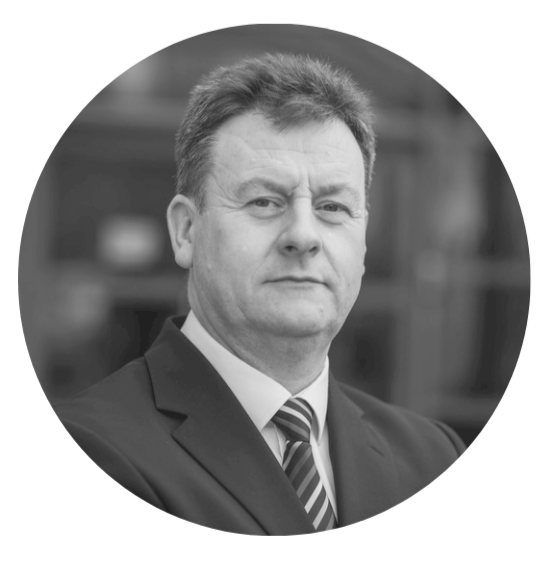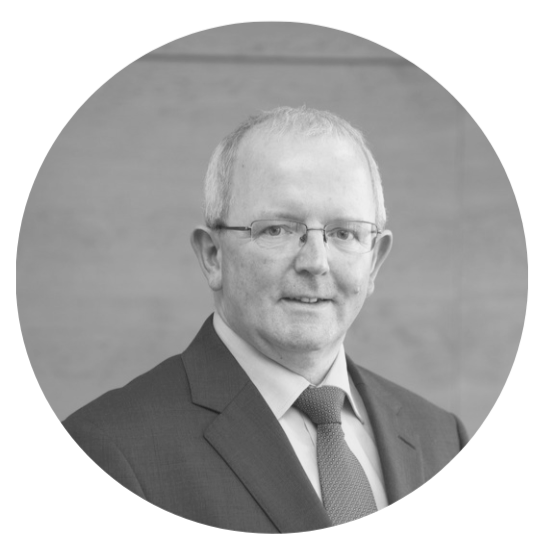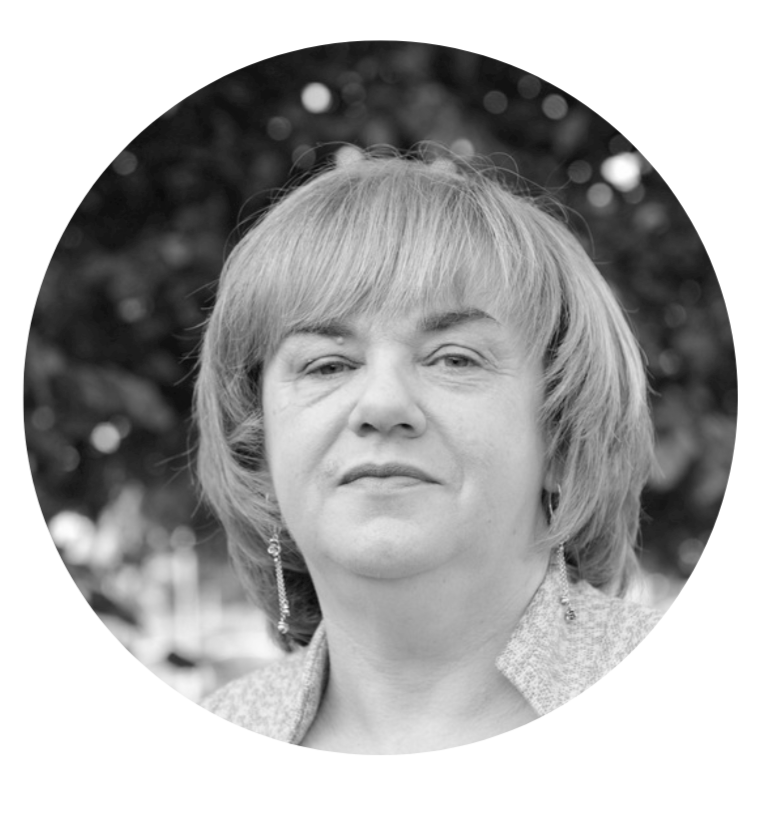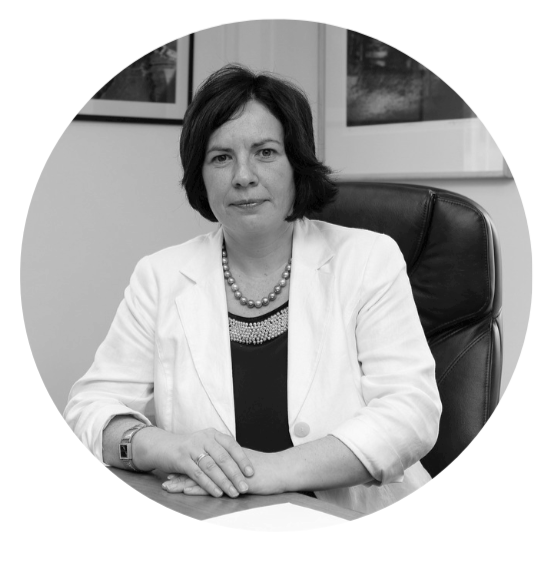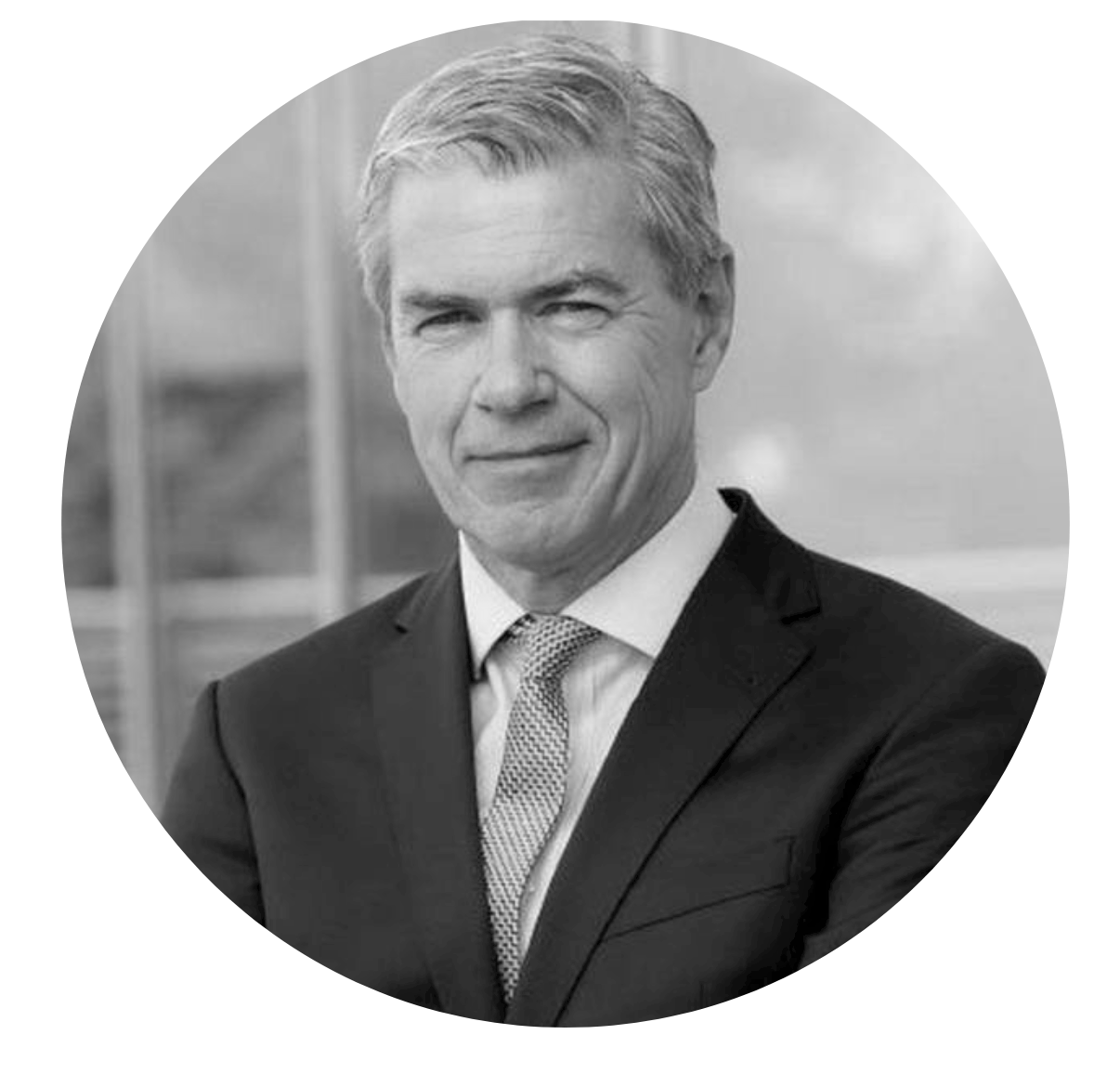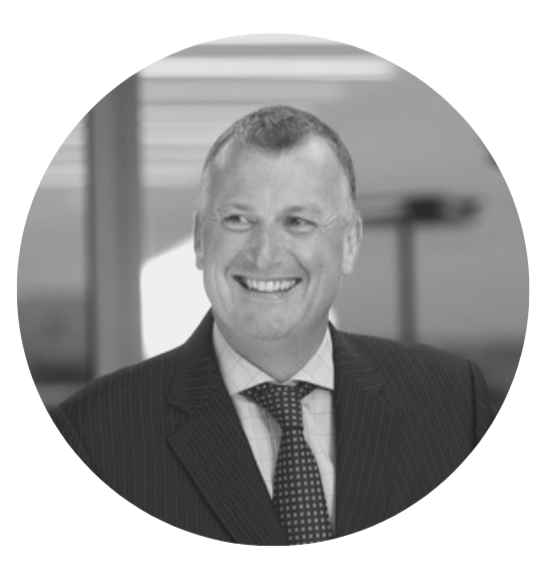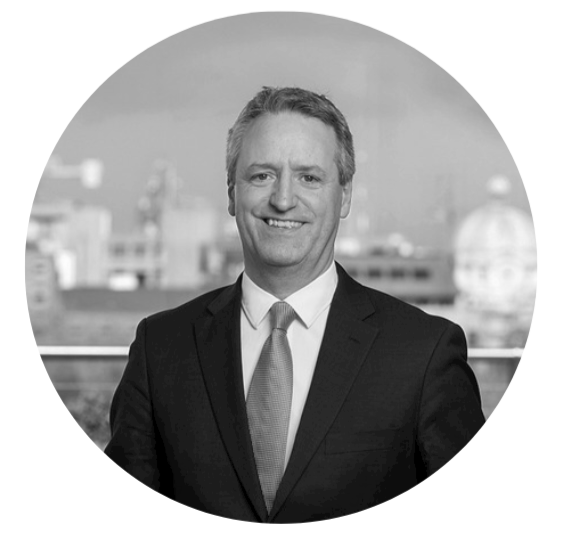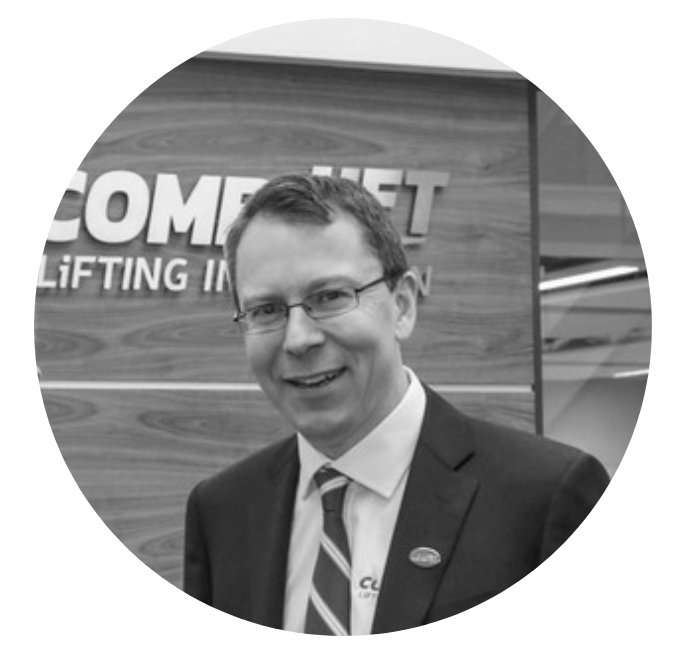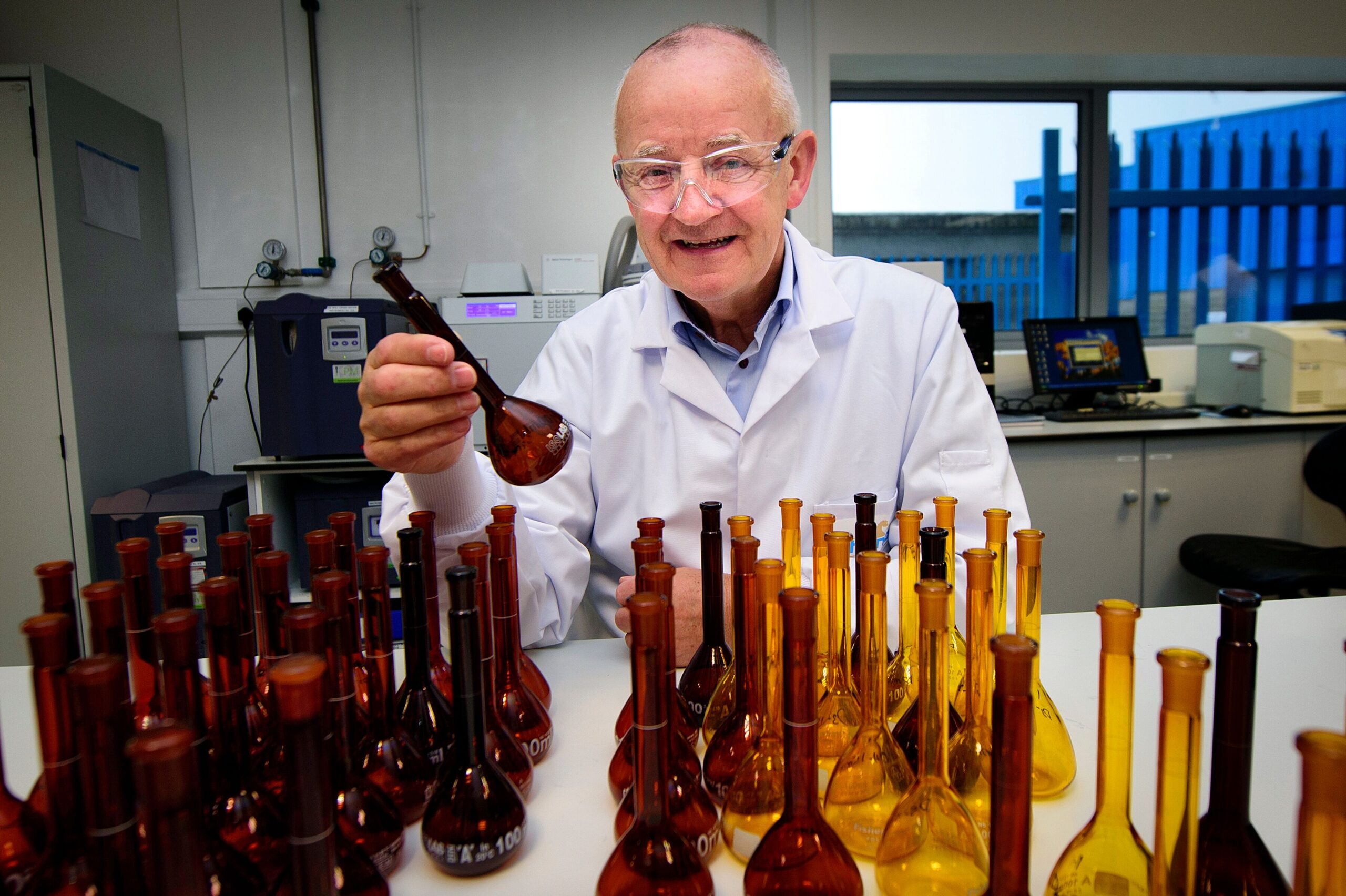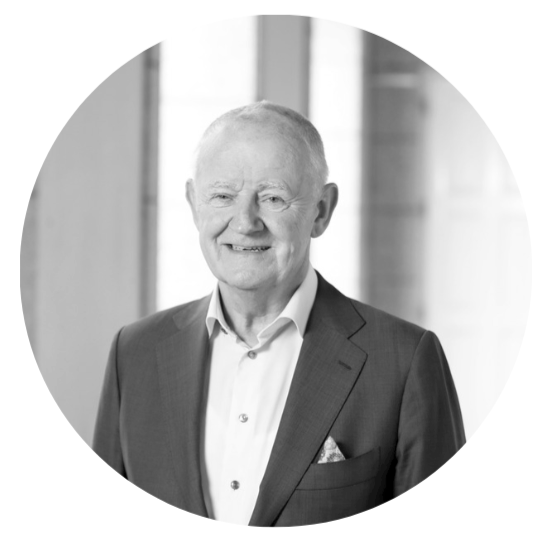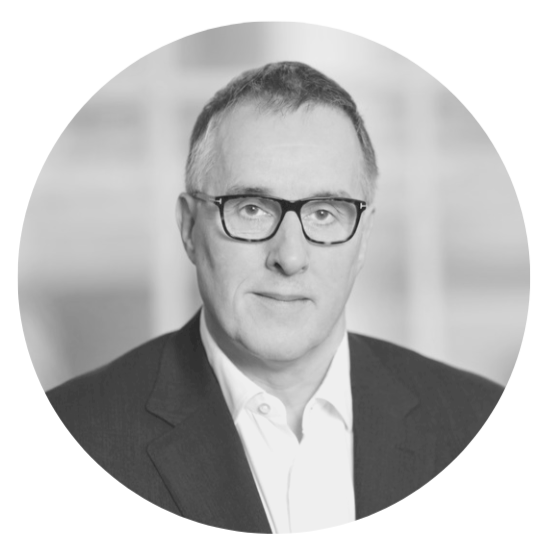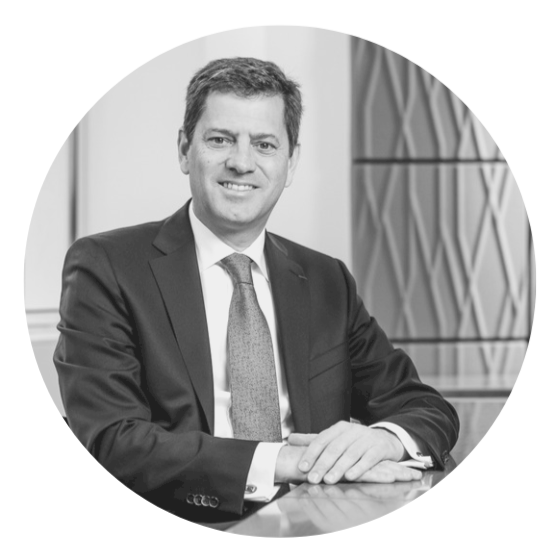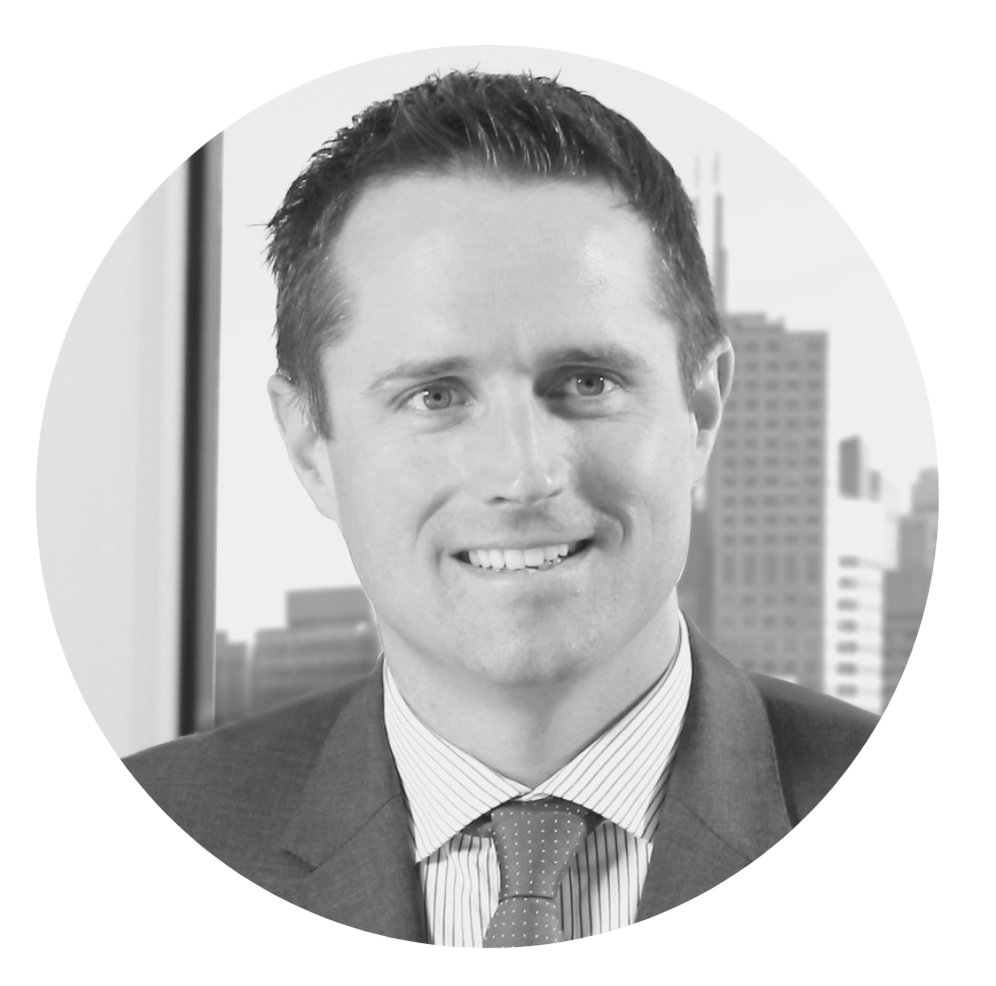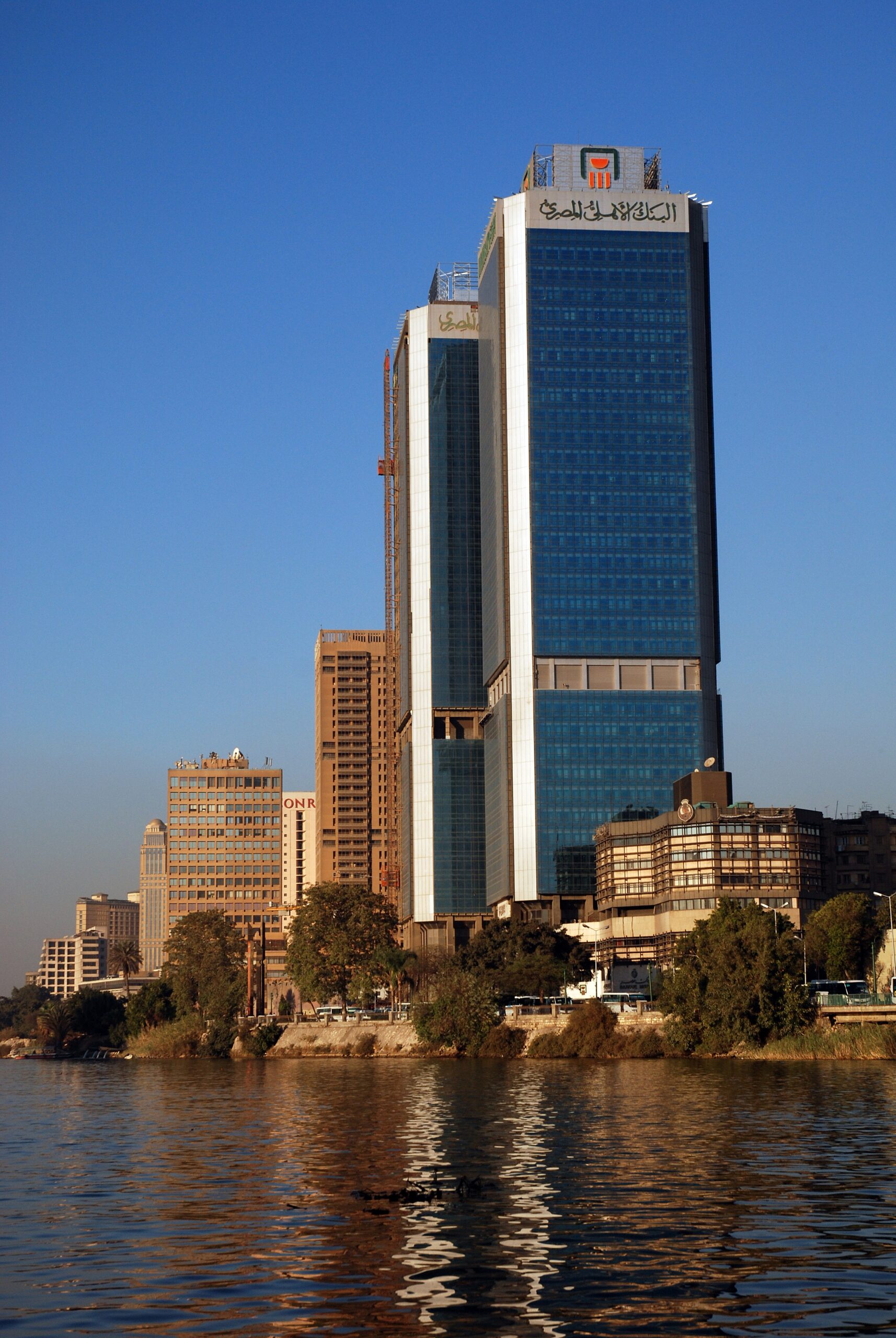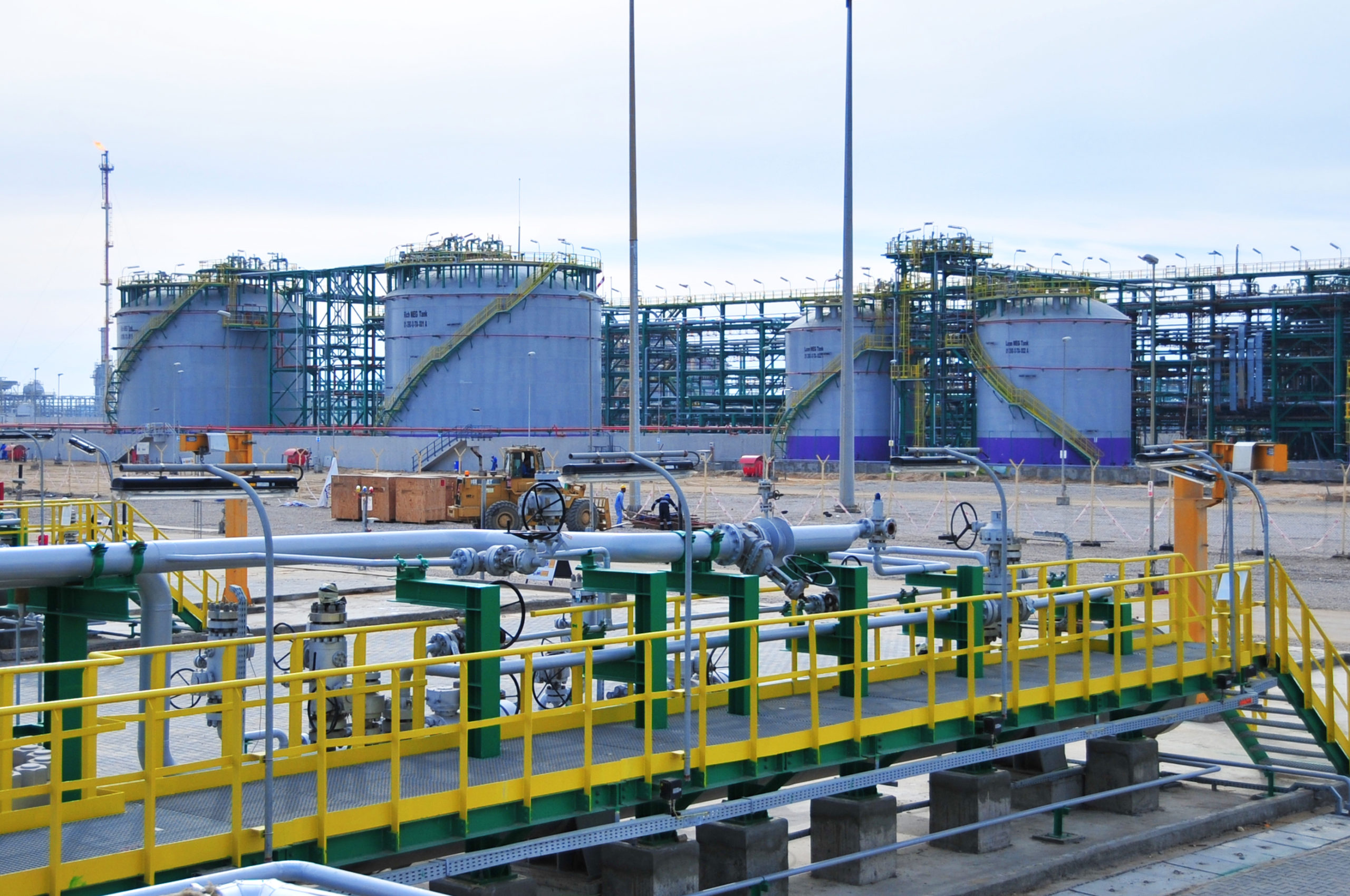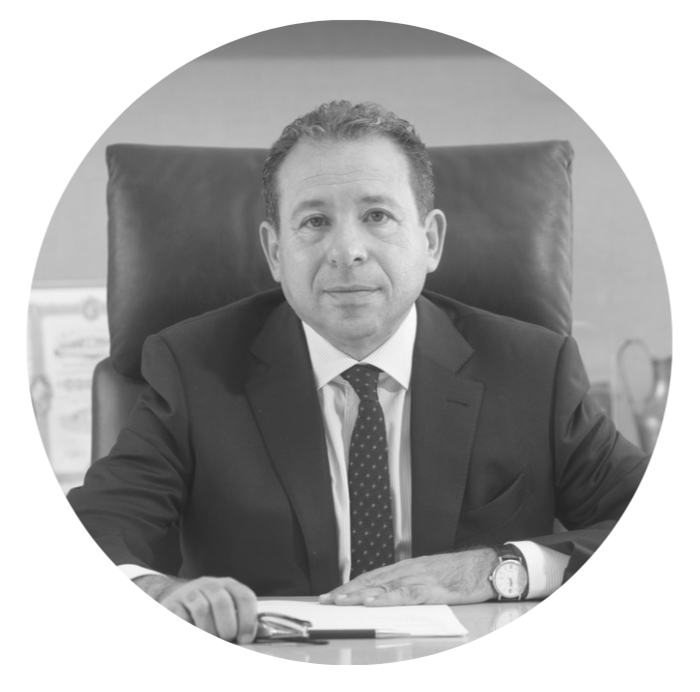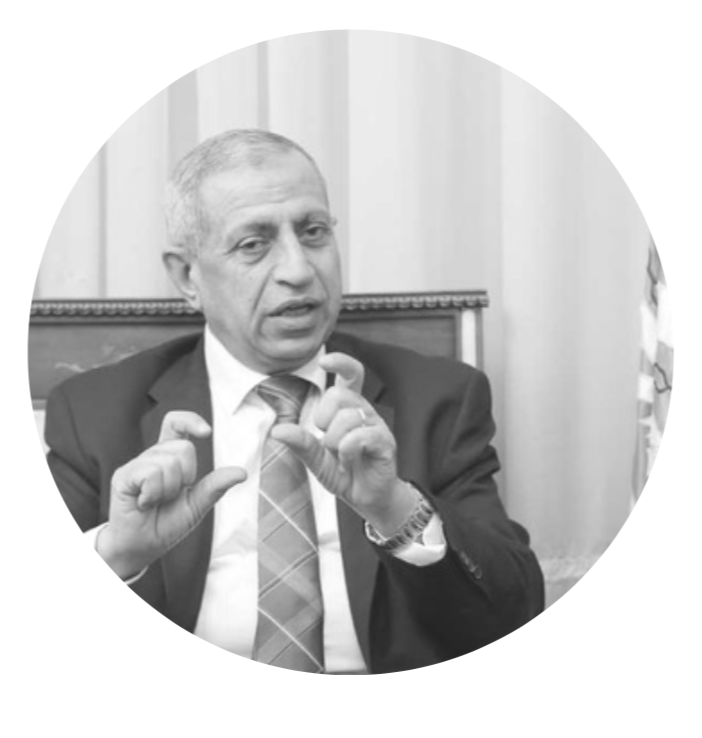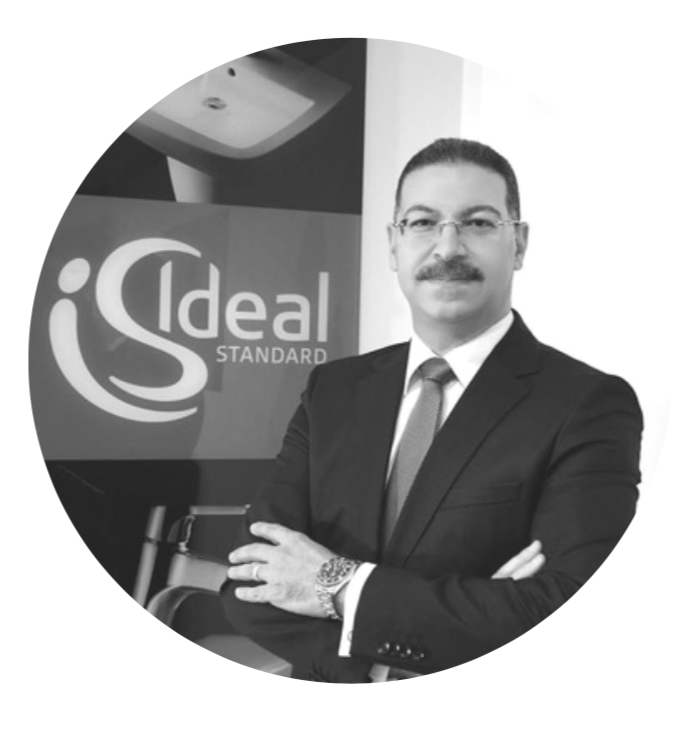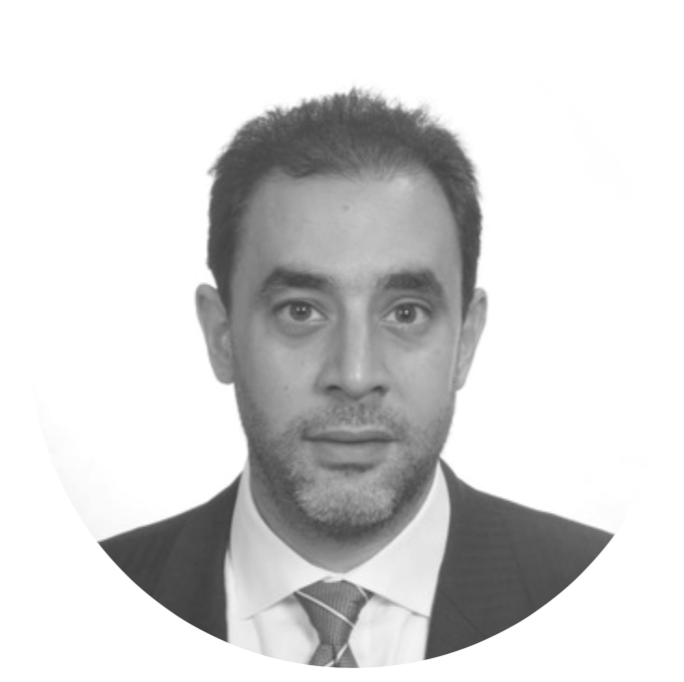
A decade after the financial crisis, Ireland retains a strong globalized business model. Corporate business investment is at record levels and collectively, US multinational investments amount to $387bn, representing 67% of all foreign direct investment in Ireland and 12% of US investment in the EU.
What core facts best highlight Ireland’s role as a gateway for foreign direct investment coming into Europe?
Over 220,000 people are directly employed by 1,400 multinationals in Ireland. Ireland is a committed member state of the EU. A recent poll conducted by EM Ireland and Red C reinforces Ireland’s support for EU membership. The poll indicates that 93% of Irish people are in favor of remaining a member state of the EU.
Access to the single EU market and over 500 million European consumers and the ability to attract highly skilled workers to Ireland from other parts of the EU have been an instrumental part of Ireland’s recovery following the economic crisis. After Brexit, Ireland will be the only English speaking country in the EU, and as a common law jurisdiction, it will continue to be the leading gateway for US multinationals in the EU. Based on our experience and the feedback we regularly receive from our clients, US multinationals have been able to replicate their culture in Ireland and the Irish work-force has proven to be highly adaptable.
With the youngest population in the EU, the IMD World Competitiveness Yearbook ranked Ireland first for the flexibility and adaptability of its workforce in 2019. Over the past number of years, we have witnessed many multinationals announce substantial expansion plans in Ireland building on their existing presence, growth that has been facilitated by access to a diverse and skilled workforce as well as a positive business environment.
How do you assess the continuing benefits of Irish tax strategies for U.S. multinational tax planning?
As a small, open economy, attracting inward investment has been a cornerstone of Ireland’s economic policy for many years. U.S. multi-national companies – many of whom have been operating here for decades – are an intrinsic part of the Irish economy. Well over half of the jobs that they provide are based outside the Dublin area. IDA Ireland estimates that for every 10 FDI jobs created, a further eight jobs are generated in the wider economy.
There are several factors that attract these companies to Ireland – including our position as the only English-speaking member of the Eurozone, access to talent and technology, and the enterprise culture and tax system. Ireland’s 12.5% Corporation Tax has remained stable and dependable for well over 20 years
The introduction of a minimum tax on foreign profits in the US, which was one of the reforms in the US tax reform measures introduced at the end of 2017, should mean that it will continue to be important to keep the amount of foreign tax below a threshold and having a lower rate in the European principal company operations will continue to be important in that regard.
One particular area of ongoing growth for the country is that of research and development. Ireland is a leader in the area and is a recognized destination for high-value R&D. The R&D tax credit for qualifying expenditure incurred in Ireland (25% refundable credit) and the knowledge development box (6.25% rate) regime for patents and software developed in Ireland are among the several benefits of locating in Ireland. Both regimes are consistent with principles adopted by the Organisation for Economic Co-operation and Development (OECD) and the EU Code of Conduct rules.
The phase-out of IP holding structures involving haven jurisdictions has also changed the landscape. As a result of changes recommended by the OECD, companies now need to ensure that IP ownership is aligned with high-value functions which are directly related to the research and development of that IP. We anticipate that this should result in an increased level of R&D activities taking place in Ireland in the future.
After Brexit, Ireland will be the largest common law country in the EU. Ireland’s courts system is efficient, pro-business and the nation is increasingly a leading global center for international legal services.
What steps could be taken to further develop Ireland as a legal hub within the EU and increase its global competitiveness?
The establishment of the Commercial Court in Dublin has been successful in making Ireland a global center for international litigation and arbitration. Most Commercial court cases are now completed within 12 months.
There could be an opportunity for Dublin as a center for international commercial law disputes in a post-Brexit environment, as the only English-speaking, common law jurisdiction in the EU. It is still unclear whether the UK will have an orderly exit from the EU. The EU has a common system of mutual recognition of judgments and successful litigants in the UK courts currently benefit from these reciprocal arrangements. If the UK were to leave the UK without an equivalent system of judgment recognition it could become unwieldy to enforce judgments obtained before the UK courts.
The Irish government recognizes the potential for Ireland to play a larger role in international litigation and arbitration. Further investments are being made to improve the system and more judges are being appointed to the Court of Appeal which currently has a backlog of cases waiting to be heard.
The Irish court system has been open to the use of technology and innovation in proceedings. Our firm conducted the first paperless trial in Ireland through the use of encrypted tablet computers by all parties, counsel, witnesses and the judge in a complex commercial case which ran for 104 days.
The current restrictions on third-party funding of litigation are something which the Irish government should look to ease to make it more attractive for hosting international disputes.
What should American multinationals remember about the benefits of Irish law and the Irish courts as contractual choices for international business?
Like US law, Irish law is derived from English law, and almost all of Ireland’s legal system was inherited from the UK when Ireland became independent. A number of large multinationals have been using Irish law governed documents in their European commercial contracts for a number of years, and it has become a widely-recognized choice of law after years of use in contracts. Owing to the shared common law heritage of Ireland and the US, there doesn’t tend to be any nasty surprises when it comes to Irish laws and US lawyers tend to have a greater intuitive understanding of Irish laws as a result. Choosing a jurisdiction where the proceedings will take place in the English language cannot be underestimated. Many in-house lawyers could potentially experience some challenges having to sit through proceedings in a non-English language. The adversarial approach used in Irish courts will also be more familiar to US companies, rather than the inquisitorial system which applies in many European civil law systems.
Matheson has enjoyed a sustained period of growth, in tandem with the Irish economy, since the mid-90s. Matheson is focused on serving the Irish legal needs of internationally focused companies and financial institutions doing business in and from Ireland. Our clients include over half of the Fortune 100 companies, we advise 7 of the top 10 global technology brands, 6 of the world’s 10 largest asset managers, and over half of the world’s 50 largest banks. Headquartered in Dublin, we also have offices in Cork, London, New York, San Francisco and Palo Alto, employing over 700 people. This includes 97 partners and tax principals and over 470 legal and tax professionals.
Our strategy is to continue to be the leading adviser to US companies investing in or doing business in Ireland. Matheson is an Irish law firm and we therefore provide Irish law advice to our clients. Our US offices in New York, Silicon Valley and San Francisco, together with our offices in London and Cork, serve as a geographic and time-zone bridges back to our main office in Dublin. We are committed to providing our clients with the highest levels of service and to continue working closely with them as strategic partners as they expand in Europe. The US will continue to be an important part of our strategic plans.
Since the Brexit vote in 2016, many regulated companies have sought to establish and grow their operations in Ireland, with a view to seeking authorization from the Irish Central Bank (the financial regulator in Ireland) and continue passporting services and financial products throughout the EU market. With the continued uncertainty of the UK’s position within the EU, we expect this to remain an area of growth and future development for Matheson in the US. We have the leading financial regulatory practice in Ireland and have worked on a majority of Brexit related projects to date.
As well as attracting investment managers in the wake of Brexit, Ireland continues to be one of the leading global jurisdictions for the establishment of hedge funds. Matheson’s market-leading Asset Management group was recently ranked as the leading funds practice in Ireland by assets under management for the eight year in a row, by Monterey Insight Ireland Fund Report (an independent industry survey).
Our Aviation Finance team continues to be a market leader, at a time when more than half of the world’s leased aircraft are leased out of Ireland.
Our dedicated US Business Group continues to provide a collaborative offering to our US clients establishing operations in Ireland or continuing to carry out business in Ireland. Our US Business Group is drawn from practitioners in our Corporate, Tax, Employment, Commercial Real Estate, Technology, IP and Healthcare practice groups.
What is your advice for American leaders investing and setting up operations in Ireland?
We would recommend that they visit Ireland and carry out some further diligence before making a final decision. As part of this process companies should explore different locations in Ireland. While many US companies establish in Dublin, there can be advantages for certain companies to set up outside of Dublin. When looking at locations outside of Dublin, it is important to ensure that the right types of personnel can be hired to drive business objectives.
Ireland is a great location to launch a platform for European expansion. The ease of doing business, access to the EU markets, availability of a talented workforce, the certainty of Ireland’s position within the EU and a track record of consistent government policies over decades make it one of the best places in Europe to do business.
At Matheson, we have a track record of being a strategic partner for our clients in Ireland and a large part of our role has been easing the path to the EU market across a broad spectrum of sectors and industries for those clients. We have made a substantial contribution to in maintaining Ireland’s position at the forefront of FDI destinations for international business.
Ireland is very much open for business and foreign direct investment. Successive governments have demonstrated a consistent policy approach when it comes to foreign investment, a large part of which includes continued EU membership and offering access to the EU . Ireland is a relatively easy place to do business and investors find that conducting business in Ireland is straightforward. Ireland’s employment laws are closer to what clients are used to in the US, when compared with the rest of Europe. The availability of a highly-skilled workforce and being able to tap into a much larger talent pool (the entire EU bloc), as well as immigration laws which ensure that multinationals can also hire non-EU citizens with the right skills, ensures that the talent base in Ireland will continue to be attractive for companies investing in Ireland.

